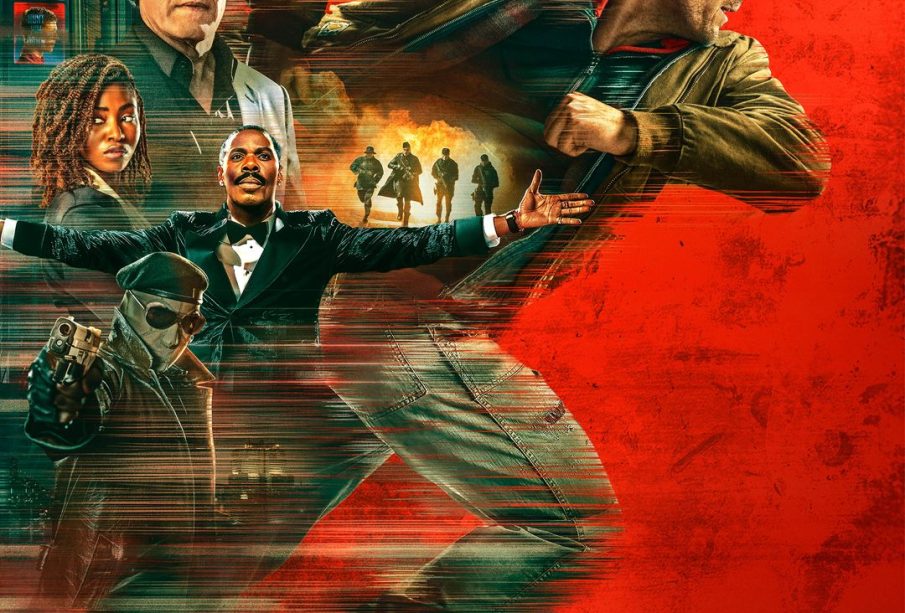The Running Man: Cultural Impact and Significance

Introduction
The Running Man is more than just a 1987 science fiction film starring Arnold Schwarzenegger; it has become a cultural touchstone that resonates with contemporary audiences. Originally based on a novel by Stephen King, the film’s themes of authoritarianism, media manipulation, and survival have taken on new relevance in today’s society, amid growing concerns over reality TV and the intersection of entertainment and politics.
Overview of The Running Man
The film depicts a dystopian future where the government controls the masses through a brutal television game show. Contestants, often prisoners, are forced to evade death while on live broadcasts. Each episode sees contestants called ‘runners’ challenged by ‘stalkers’ who aim to hunt them down. This thrilling mix of action and social commentary questions the morality of entertainment at the cost of human dignity.
Recent Developments and Relevance
Recent years have seen a resurgence of interest in The Running Man, particularly as new media has emerged that serves as a mirror to its themes. Reality television shows often have similar dynamics, where participants face extreme challenges under the scrutiny of audiences and producers. Critics argue that this reflects a troubling trend toward desensitization to violence and a sensationalist approach to entertainment. The ongoing discussions around media ethics and viewer responsibility amplify the film’s message.
The Running Man in Popular Culture
The impact of The Running Man extends beyond the screen and into popular culture, inspiring memes, parodies, and references across various platforms. The iconic imagery of the contestants running for their lives resonates in contemporary contexts, resonating with the chaos of current social dynamics and the entertainment industry. Furthermore, the concept of virtual reality games and competitive online platforms shares a lineage with the dystopian vision presented in the film.
Conclusion
The Running Man serves as a cautionary tale about the potential dangers of entertainment that prioritizes ratings over ethics and human life. As society continues to grapple with the implications of its media consumption and political climate, the film’s critical lens on television and autonomy remains relevant. Audiences are reminded to examine how entertainment can shape perceptions of reality, often blurring the lines between spectators and participants. As we move forward, it is essential to remain vigilant about the lessons learned from The Running Man and its enduring legacy in both cinema and culture.









